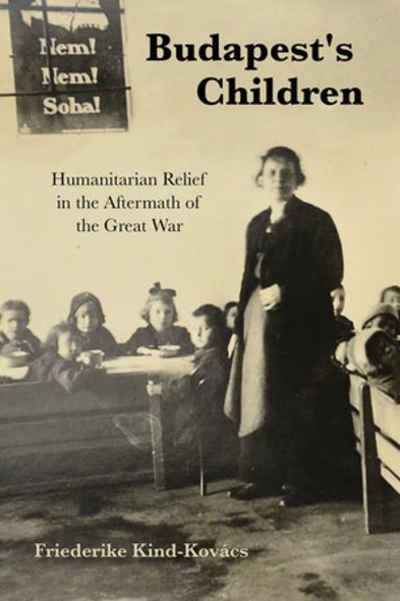The monograph series Eastern Europe in the Twentieth Century, published by De Gruyter/ Oldenbourg, holds collected volumes emanating from Kolleg conferences and workshops, as well as monographic studies by staff and affiliated researchers.
The four-volume series The Routledge History Handbook of Central and Eastern Europe in the Twentieth Century summarizes the current state in core research fields from the perspective of internationally renowned scholars. Each volume is devoted to one of the Kolleg’s central research areas: Challenges of Modernity,Statehood, Intellectual Horizons and War, Violence and Oppression.
Cultures of History Forum
The Cultures of History Forum is an online platform for actors and researchers in the areas of public history and memory politics to publish critical analyses and reflections about ongoing debates, museum exhibitions or public policy relating to the history of the twentieth century in the countries of the region of Central Southeastern and Eastern Europe.
Staff Publications
Fellow Publications

Worlds in Crisis
In the aftermath of World War I, international organizations descended upon the destitute children living in the rubble of Budapest and the city became a testing ground for how the West would handle the most vulnerable residents of a former enemy state.
Budapest's Children reconstructs how Budapest turned into a laboratory of transnational humanitarian intervention. Friederike Kind-Kovács explores the ways in which migration, hunger, and destitution affected children's lives, casting light on children's particular vulnerability in times of distress. Drawing on extensive archival research, Kind-Kovács reveals how Budapest's children, as iconic victims of the war's aftermath, were used to mobilize humanitarian sentiments and practices throughout Europe and the United States. With this research, Budapest's Children investigates the dynamic interplay between local Hungarian organizations, international humanitarian donors, and the child relief recipients.

Worlds in Crisis
In the aftermath of World War I, international organizations descended upon the destitute children living in the rubble of Budapest and the city became a testing ground for how the West would handle the most vulnerable residents of a former enemy state.
Budapest's Children reconstructs how Budapest turned into a laboratory of transnational humanitarian intervention. Friederike Kind-Kovács explores the ways in which migration, hunger, and destitution affected children's lives, casting light on children's particular vulnerability in times of distress. Drawing on extensive archival research, Kind-Kovács reveals how Budapest's children, as iconic victims of the war's aftermath, were used to mobilize humanitarian sentiments and practices throughout Europe and the United States. With this research, Budapest's Children investigates the dynamic interplay between local Hungarian organizations, international humanitarian donors, and the child relief recipients.

Worlds in Crisis
In the aftermath of World War I, international organizations descended upon the destitute children living in the rubble of Budapest and the city became a testing ground for how the West would handle the most vulnerable residents of a former enemy state.
Budapest's Children reconstructs how Budapest turned into a laboratory of transnational humanitarian intervention. Friederike Kind-Kovács explores the ways in which migration, hunger, and destitution affected children's lives, casting light on children's particular vulnerability in times of distress. Drawing on extensive archival research, Kind-Kovács reveals how Budapest's children, as iconic victims of the war's aftermath, were used to mobilize humanitarian sentiments and practices throughout Europe and the United States. With this research, Budapest's Children investigates the dynamic interplay between local Hungarian organizations, international humanitarian donors, and the child relief recipients.